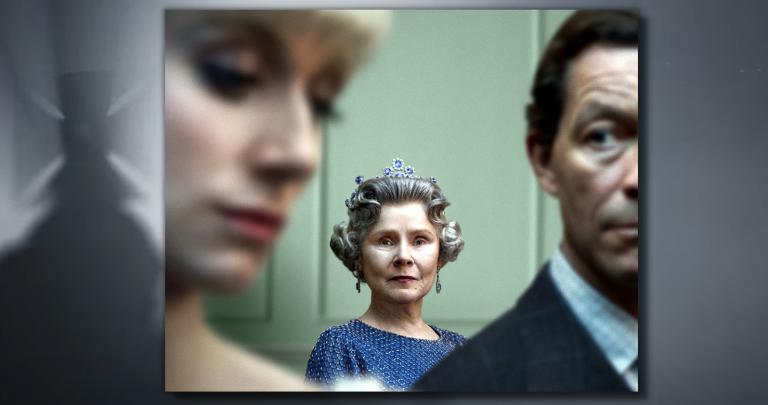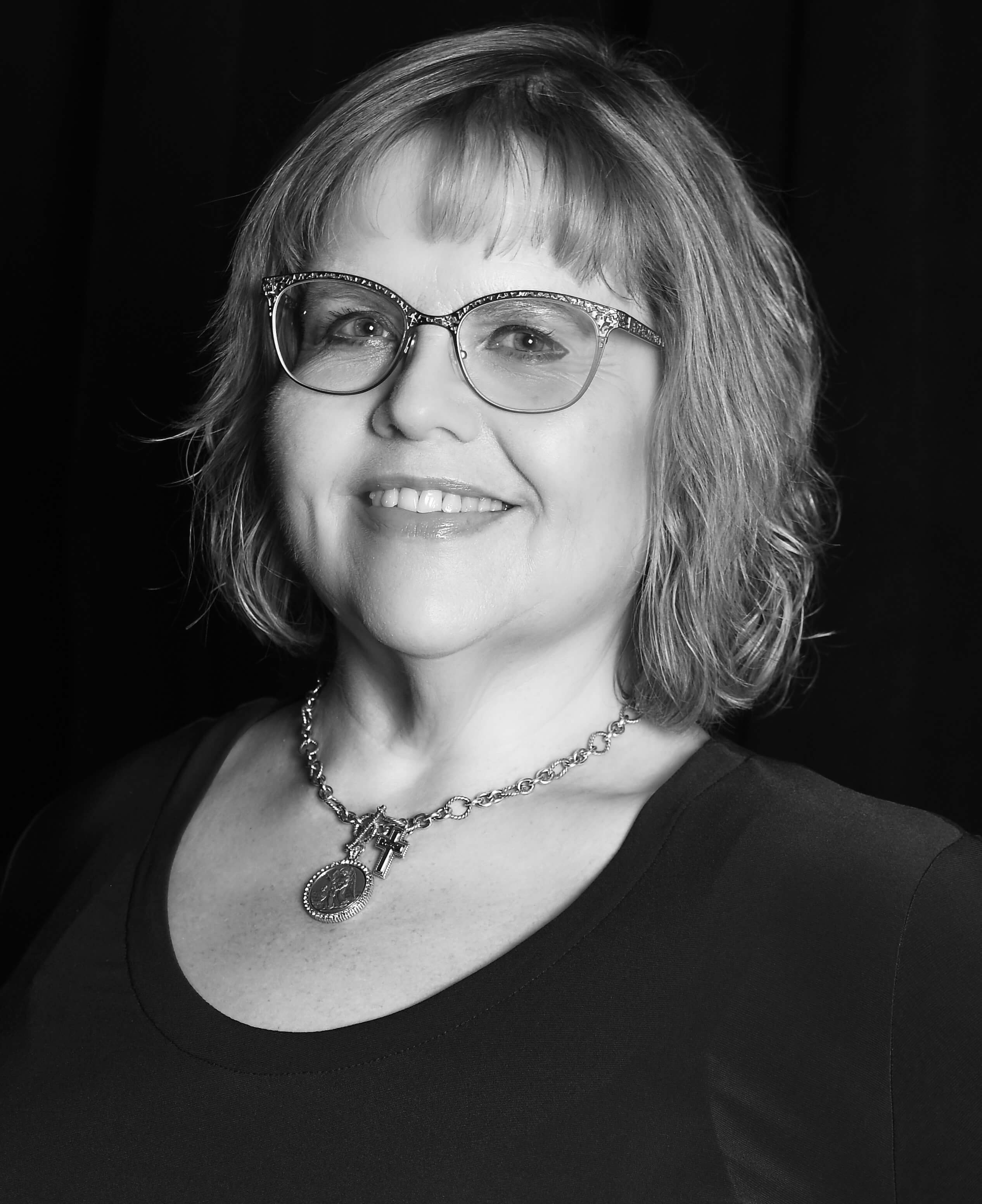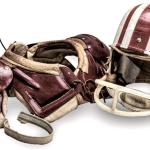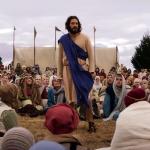
Does Netflix’s British-monarchy drana The Crown, which recently dropped its fifth season, distort history … or teach it?
In the wake of the recent death of Queen Elizabeth II, objections were raised about the historical accuracy (or lack thereof) of The Crown.
This dichotomy between fiction and fact is nothing new for the audience. Google any question you have about British history and the monarchy while watching The Crown, and you’ll find that scores of people have already asked it, and some journalistic endeavor or another has answered it.
Warning, I’ve binged the whole thing, so spoilers ahead!
I have learned so much while playing Google-as-you-go while watching (and rewatching) The Crown, and I learned something fascinating this season. One might have wondered how Egyptian businessman Mohamed Al-Fayed wound up owning both Paris’ iconic Ritz Hotel, and London’s iconic Harrod’s department store.
And, even more intriguing, how did his circle intersect with that of the royal family, so that Dodi, his film-producer son (Chariots of Fire), wound up dating the divorced Diana, Princess of Wales, ultimately dying with her in a 1997 car crash in Paris?
The Untold Saga of Sydney Johnson
I don’t necessarily think every bit of the portrayal of Al-Fayed’s rise to prominence and wealth is accurate,but one thing certainly is — he hired Sydney Johnson (played by Jude Akuwudike). Born in the Bahamas, Johnson was the former valet to the Duke of Windsor, as King Edward VIII was styled after he abdicated the British throne (eventually paving the way for his niece Elizabeth to become queen).
In the series, as in real life, Al-Fayed encounters Johnson when he is working at the Ritz — having recently also been sacked by the widowed Duchess of Windsor (the former Wallis Simpson, for whose sake her husband abandoned the throne). The two then work closely in the restoration of the duke’s Paris home, Villa Windsor, and the cataloging of its treasures.
And, along the way, Johnson teaches Al-Fayed the myriad and arcane ways of the British aristocracy, from weekend shooting parties to afternoon tea.
Not included in the series is that Johnson had a family of his own, raising four children with his French wife. Perhaps some enterprising filmmaker will decide that Johnson merits his own story.
The Case of Peter Morgan and Diana, Princess of Wales
The Crown showrunner Peter Morgan wrote the 2006 film The Queen, starring Helen Mirren as QEII. The story centers on the death of Diana and its immediate aftermath (which will be next season on The Crown). Ultimately, it shows how the queen, with one well-calibrated TV speech to the British public, managed to pull the monarchy out of a PR tailspin.
As I pointed out in an earlier post about the queen and her faith, The Queen takes a side:
The film also wound up being a ringing endorsement of duty and tradition over cynicism and an excess focus on individuality.
Prime Minister Tony Blair (Michael Sheen) reprimands a snarky colleague, saying:
Tony Blair : You know, when you get it wrong, you really get it wrong! That woman has given her whole life in service to her people. Fifty years doing a job SHE never wanted! A job she watched kill her father.
She’s executed it with honor, dignity, and, as far as I can tell, without a single blemish, and now we’re all baying for her blood! All because she’s struggling to lead the world in mourning for someone who… who threw everything she offered back in her face.
And who, for the last few years, seemed committed 24/7 to destroying everything she holds most dear!
Diana vs. Charles, Diana vs. Elizabeth, and Self vs. Duty
Diana isn’t portrayed in The Queen, but the character joined The Crown in season four. In season five, Elizabeth Debicki takes over the role (and, BTW, does a bang-up job) as the series moves into the disintegration of her marriage to Prince Charles (Dominic West).
Now, while Charles’ ongoing romance with the also-married Camilla Parker-Bowles is nothing to be proud of, the show’s depiction of the relative sins of both parties (and in terms of infidelity, Diana left Charles in the dust) feeds into one of the larger themes of The Crown.
The series, again and again, returns to the conflict between individual desires (even selfishness) and duty. Morgan may disagree with my assessment, but in the end, he always seems to come down on the side of duty — primarily represented by the queen (now played in mature years by Imelda Staunton).
The High Price of Individuality
Over the course of The Crown, the pursuit of individual happiness at the expense of duty leads to a constitutional crisis for King Edward VIII (and the destruction of what would have been his niece’s life in the country), and negative press and rumors for a constantly dissatisfied Prince Philip.
Morgan is more sympathetic to the queen’s sister Princess Margaret and son Charles, who are prevented from marrying the loves of their lives and then wind up in unhappy (but royally approved) unions.
But, in both cases, the series depicts the non-royal spouses as being unwilling or unable to play their parts. Margaret’s photographer husband deserts her and philanders; and Diana’s endless need for attention and external validation — and the basic personality clash between her and Charles — leads eventually to tragedy.
The Crown‘s Verdict on That Diana Interview (and Martin Bashir)
The series also shows how BBC reporter Martin Bashir manipulated the miserable Diana, feeding into her insecurity and paranoia, and outright deceiving her, to get her to do an explosive interview on his series, Panorama.
This much is true.
From an extensive Nov. 11, 2022, piece in Vogue:
In 2020, after years of whispers and outcry about Bashir’s alleged unethical behavior, the BBC appointed the former UK Supreme Court justice Honorable Lord Dyson to lead a formal investigation. He wrote the Dyson report: The exhaustive, investigative 127-page document outlines the way Bashir manipulated the Spencer family into the Panorama interview—and his subsequent attempts to cover up having done so. The BBC published the findings in 2021.
…
It would be almost 25 years later, in October 2020, when two Sunday Times reporters finally cracked the case. “It was hailed as the greatest tell-all interview of the 20th century, but 25 years after Diana, Princess of Wales bared her soul on Panorama, fresh allegations have emerged that the BBC obtained the scoop under a false pretext and by using fake bank statements,” they wrote. “Martin Bashir, the journalist who interviewed Diana in 1995 after the collapse of her marriage to Prince Charles, has also been accused of exploiting the princess’s fears that her private conversations were being bugged by the secret services to garner a secret meeting.” Amid the outrage this generated in the wider British press, the BBC finally announced its independent inquiry by Dyson.
The Queen vs. The Crown
In The Crown, Morgan also creates a confrontation (likely completely fictional) between Diana and the queen just before the interview airs.
In it, the queen essentially tells Diana that it’s not all about her, that the very busy royal family doesn’t sit up nights, cackling over ways to make her life more difficult, that the queen hasn’t bad-mouthed Diana, and that all the family wants was for the marriage to work.
(BTW, one might apply the same argument to another current royal marriage, as history repeats itself from one generation to the next.)
It’s compelling drama and leaves Diana essentially where The Queen did — as equal parts victim and perpetrator. As for Elizabeth II, she also lands where The Queen left her — trying to comprehend Diana’s impact, but soldiering on in her duty to the country.
In a modern era where the urges, desires and even whims of individuals are often elevated above any other considerations, The Crown is a rare example of a drama that gives duty equal (if not occasionally greater) weight than self.
Image: Netflix
Don’t miss a thing: Subscribe to all that I write at Authory.com/KateOHare














